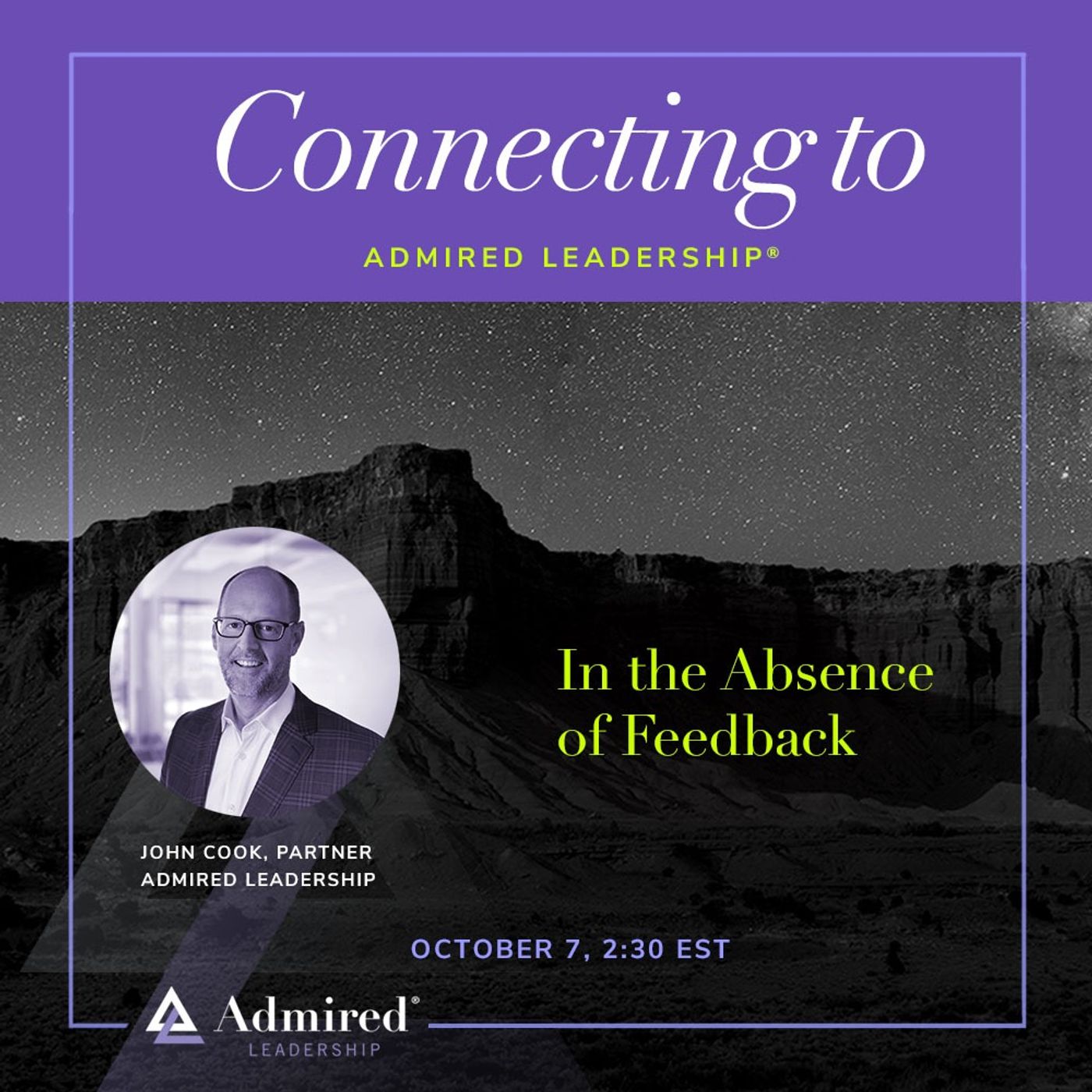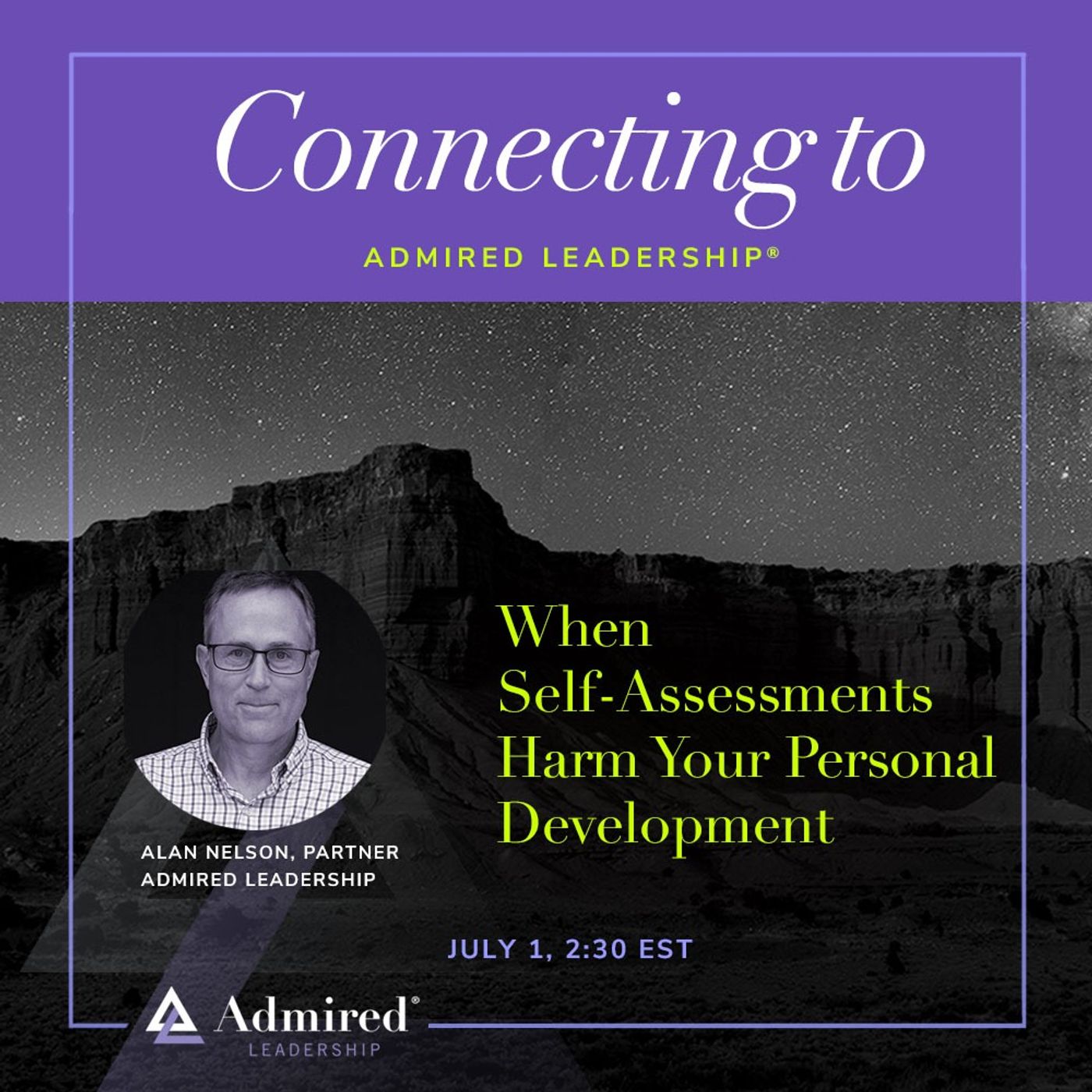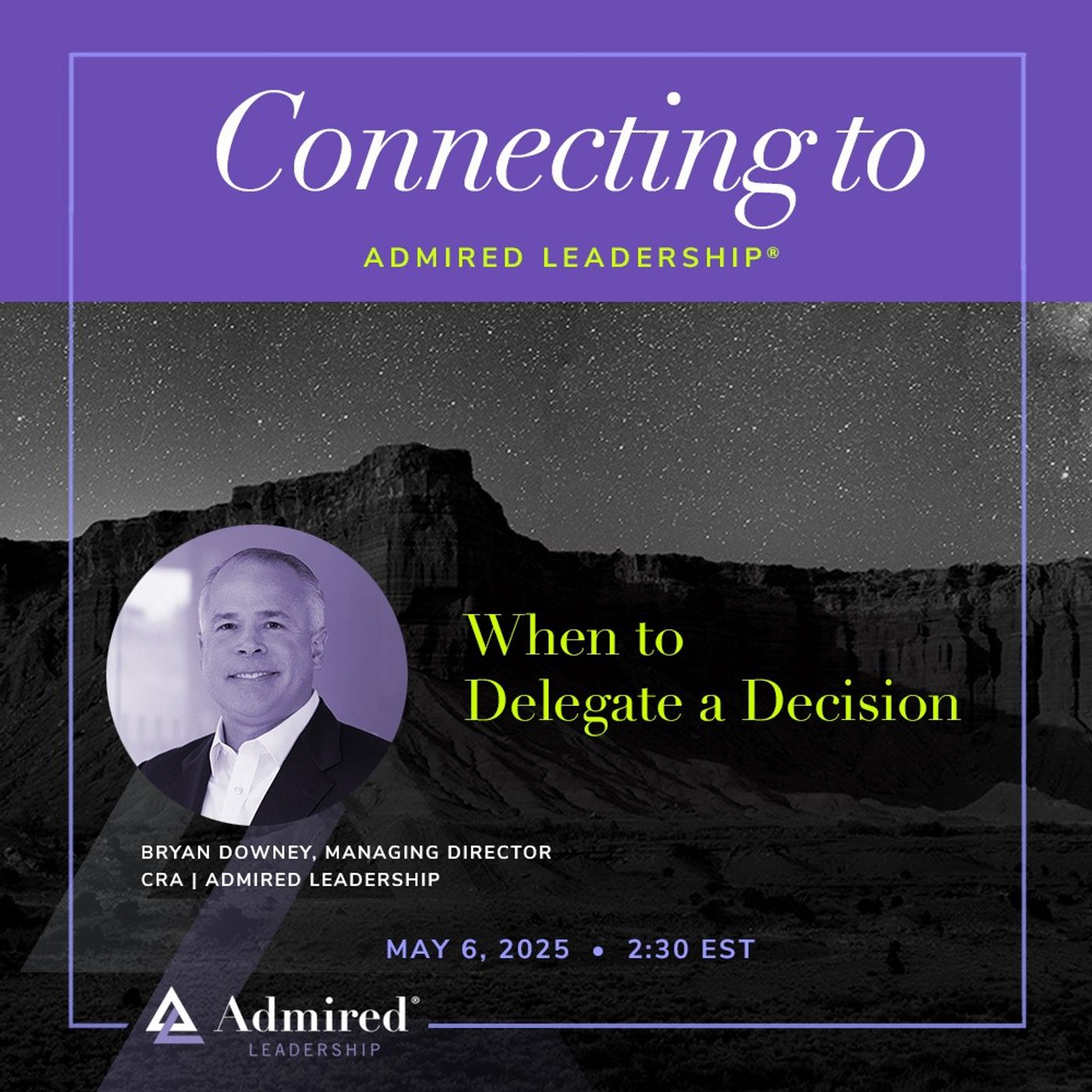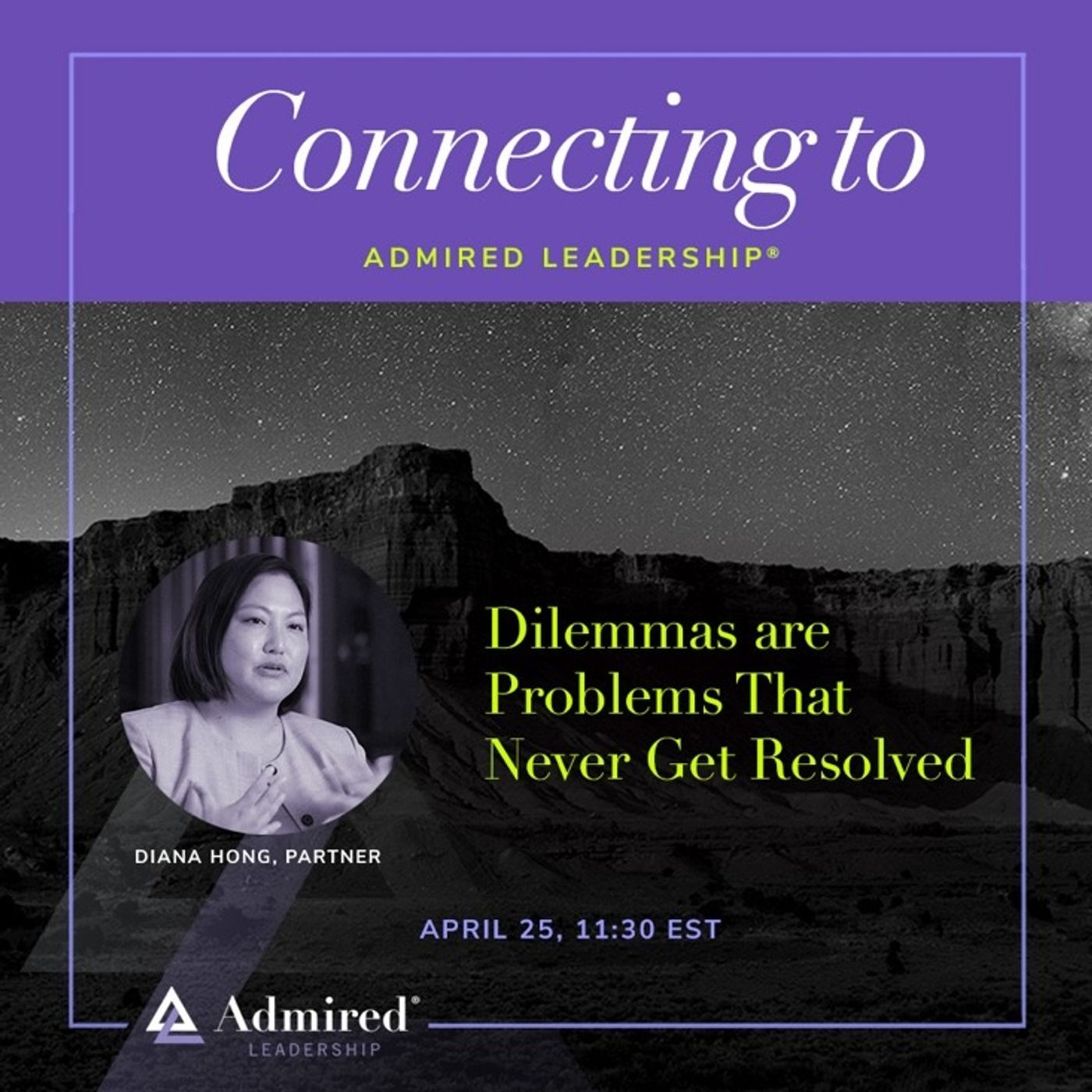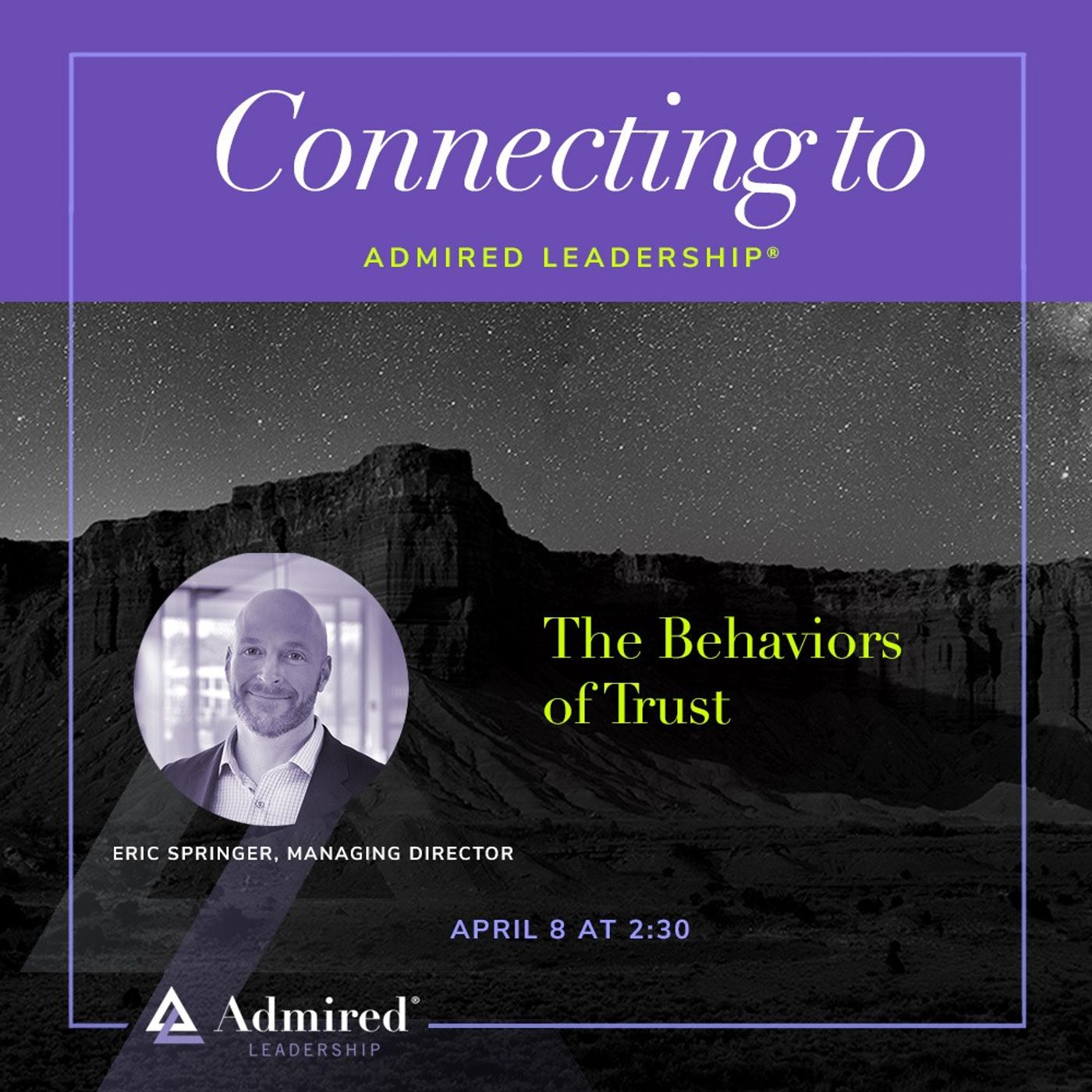Do Good Leaders Ever Act Aggressively?
Update: 2025-11-18
Description
Register to be part of future conversations in real time here
Or schedule a time to talk directly to our team here
Key Highlights
- Good leaders don't act aggressively on purpose - aggression is perceived as a personal or professional threat and damages loyalty, even though it may produce short-term compliance when you have status and power
- Turn up respect, not down aggression - instead of trying to suppress forceful behaviors, focus on maximizing respect in conversations, which naturally prevents interrupting, yelling, intimidation, and other behaviors people interpret as aggressive
- Assertiveness requires advocacy with respect - you can be direct, passionate, persistent, and forceful about what you believe while still being hugely respectful to others; these aren't mutually exclusive qualities
- Exit aggressive conversations in the moment - when someone is being aggressive, that's not the time for productive confrontation; leave the room, lower your energy when theirs goes up, and address the relationship pattern later when emotions aren't running high
- Apologies require behavior change - if you've been aggressive, saying sorry matters but real relational repair requires changing your pattern of interaction going forward, not just acknowledging what happened
Notable Quotes
- "Do good leaders ever act aggressively? Not on purpose. Aggressiveness is almost always perceived as a personal or professional threat by other people. Good leaders don't try to threaten people."
- "The problem with being aggressive is it tends to work. It has efficacy, especially if you have status. But in the long term, it's not, because anybody who's got real talent is going to have too much self-respect to keep working for me."
- "If you're trying to treat people with the maximum level of respect, it would be very difficult for you to engage in behaviors that are seen as aggressive."
- "When somebody's aggressive, and you challenge them, I guarantee you they will become more aggressive. So timing matters."
- "Just because someone is direct does not mean that they are aggressive. It means they're direct. There are entire cultures that are highly direct, like Holland, like Israel."
- "Mending the relationship is really about changing the pattern of interaction. You have to change how you talk to people. You have to bring more respect to those conversations."
Featured Speakers
- Alan Nelson is Co-Managing Partner & Executive Coach at CRA | Admired Leadership with over three decades of experience advising senior leaders through major mergers, restructurings, crises, and high-stakes leadership transitions. Known for his direct yet respectful coaching style, Alan has been in the room when leaders have had to make incredibly difficult decisions under enormous pressure and specializes in helping leaders be forceful and firm without damaging relationships or credibility.
- Wes Bender serves as a facilitator and thought leadership coordinator at CRA | Admired Leadership, helping to connect practical leadership insights with real-world application through webinars and educational content.
Resources Mentioned
Comments
In Channel




